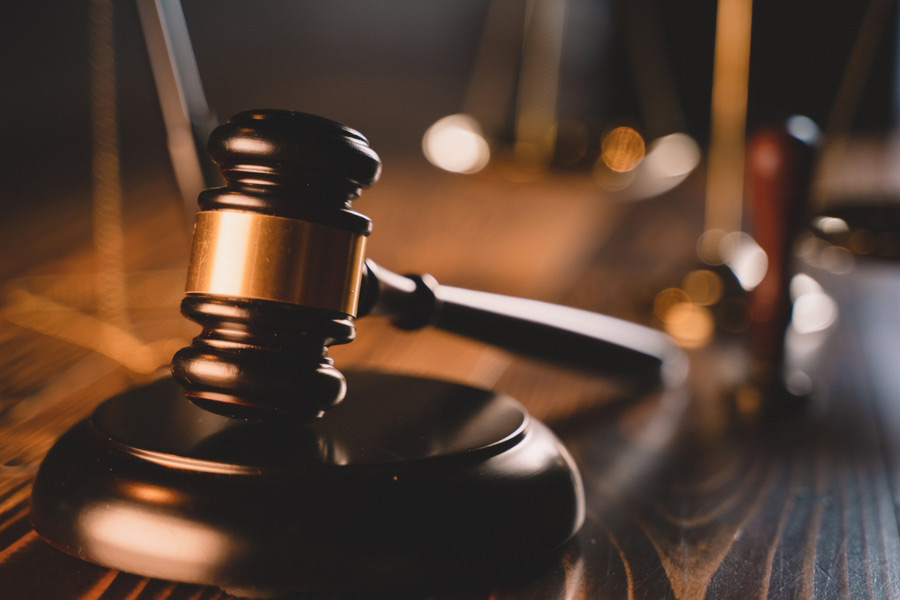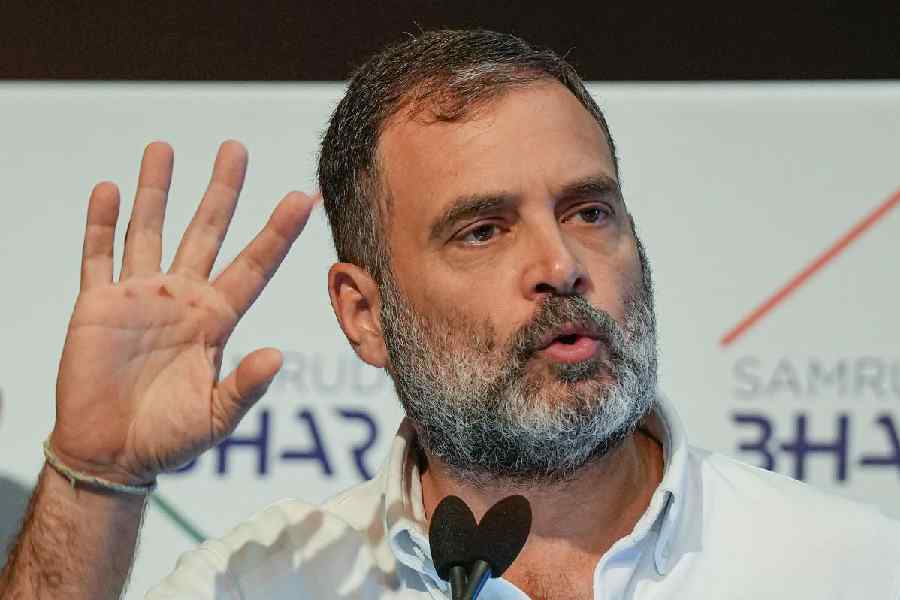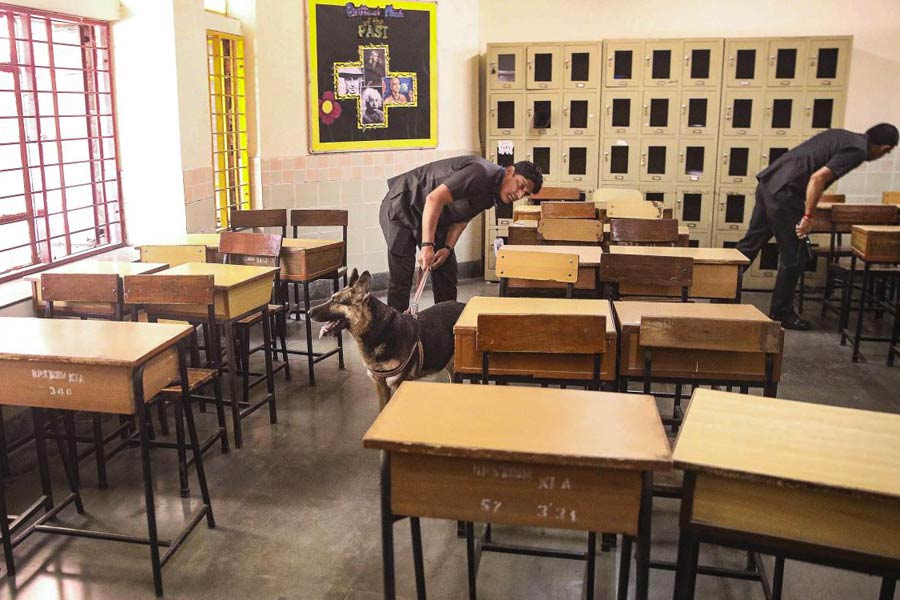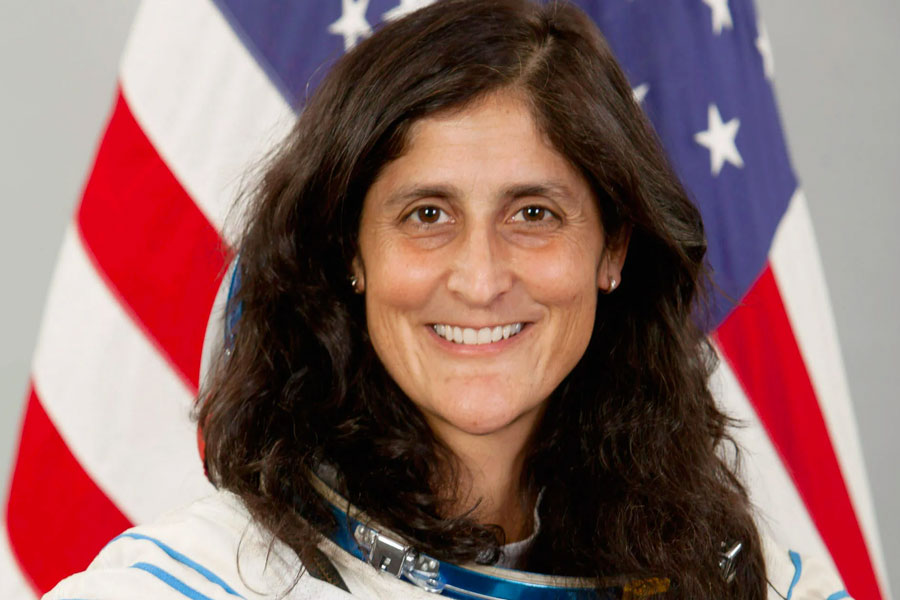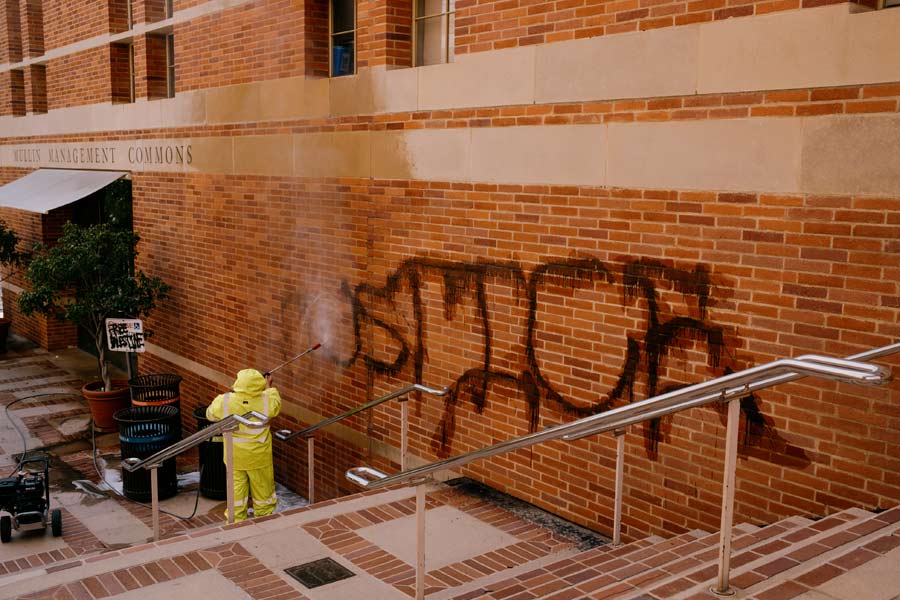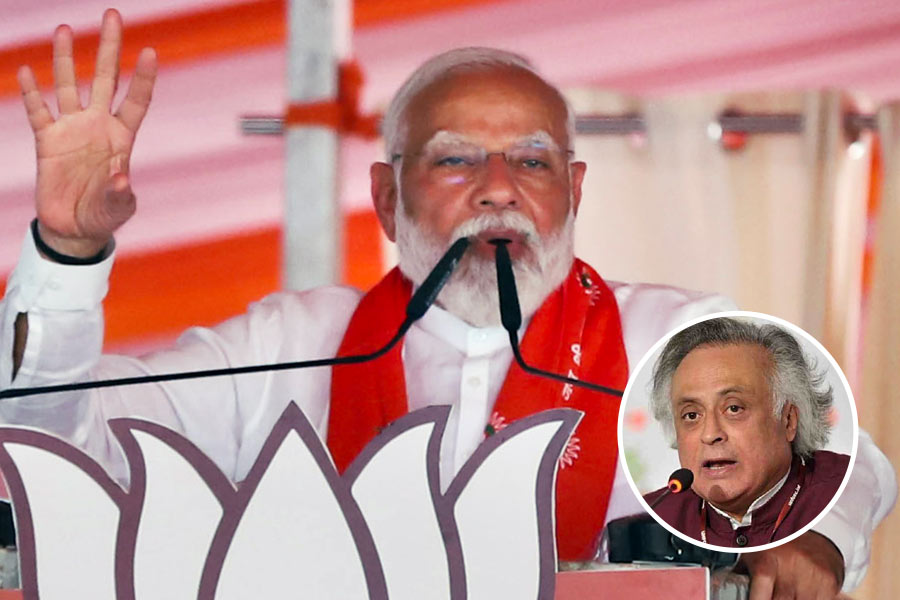The Uttar Pradesh government has stepped up security around a site in Baghpat district's Barnava after a local court on Monday dismissed a decades-old plea by the Muslim side that maintained the land was a graveyard and dargah of a Sufi saint while the Hindus claimed it was the Mahabharat-era "Lakshagriha".
“We have deployed force near Lakshagriha (House of Lacquer) and the situation is under control,” said Arpit Vijayvargiya, the superintendent of police of Baghpat.
In its order on Monday, the court said the demand of the Muslim clerics was wrong and the 108-bigha land was always a Hindu site tracing its roots to the Mahabharat era.
It is said that Duryodhan had built the inflammable house (Lakshagriha) to kill the Pandavas but they escaped unhurt through a tunnel.
Ranvir Singh Tomar, counsel for the Hindu respondents, said there was a Shiva temple and a Vedic school in Barnava and the place was known as Lakshagriha since time immemorial. A person called Mukim Khan filed a case 54 years ago, claiming that the structure was the mausoleum of Sufi saint Sheikh Badruddin and the land around the structure was a graveyard, Tomar said. After Mukim Khan's death, the case was pursued by Khairati Khan and Ahmad Khan. Currently, Khalid Khan represents the case.
The first respondent in the case was Brahmchari Krishnadutt Maharaj. Chidda Singh, Jag Mohan and Jai Kishan became the respondents one by one after Maharaj’s death. Currently, Rajpal Tyagi, Jaivir Singh and Vijaypal Kashyap are defenders in the case.
“After 875 hearings, the court in its order said the area belonged to the Hindus and the demand of the Muslims was unfounded. The petitioners failed to prove that it was a graveyard or a mausoleum ever in the past,” said Arvind Kumar Shastri, current principal of the Vedic school on the Lakshagriha premises.
There were 12 witnesses each from both sides.
“We believe that this place was originally developed in the Mahabharat period. A Mughal emperor damaged the place but it still remained a Hindu site where a temple and a gurukul were built. The demand of the Muslims was wrong as it was never a mausoleum or a graveyard,” Shastri added.

